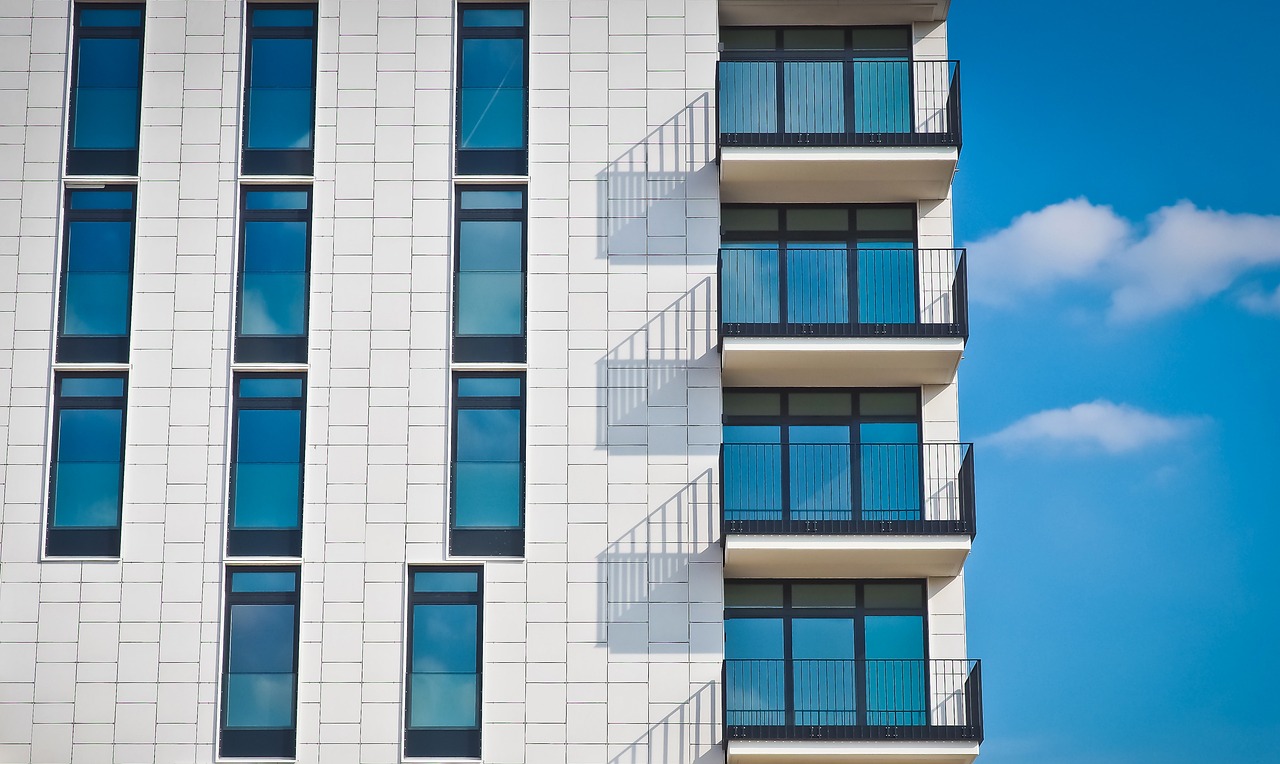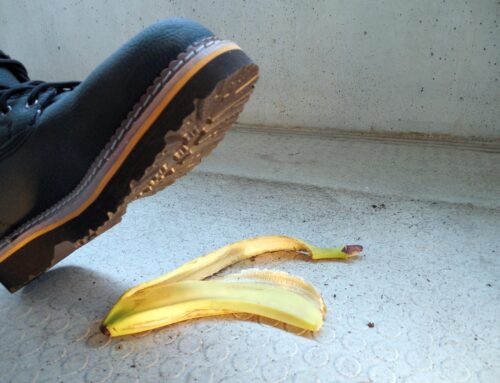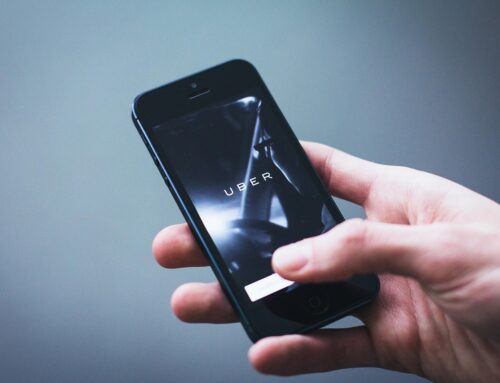Renting a home or apartment should come with the expectation of safety. Tenants trust that the property they’re living in is maintained to reasonable standards. Unfortunately, accidents and injuries do happen—and sometimes, they’re the result of a landlord’s failure to maintain the premises. In Florida, tenants have legal rights when it comes to injuries sustained due to landlord negligence. But what exactly are those rights, and when does the law allow you to take legal action?

Understanding the Legal Duty of Landlords
Florida law requires landlords to keep their properties in safe, habitable condition. Under Florida Statute § 83.51, landlords must comply with building, housing, and health codes and are responsible for maintaining structural elements like stairs and roofs. They must also ensure that systems such as plumbing and electricity function properly. In multi-unit buildings, landlords are responsible for maintaining common areas like stairwells and hallways.
If a landlord fails in these responsibilities and a tenant is injured as a result, the law may allow the tenant to sue for damages.
When Is a Landlord Legally Responsible?
Not all injuries lead to a successful lawsuit. For a tenant to hold a landlord liable in court, several conditions must be met. First, there must be proof that the landlord had a duty to keep the area where the injury occurred in safe condition. Second, the injury must have resulted from the landlord’s negligence—meaning they knew, or should have known, about the hazard and failed to address it within a reasonable time. Finally, the tenant must have suffered real harm, such as physical injury, medical expenses, or lost wages.
Imagine a tenant reports a broken handrail on a staircase leading to their apartment. If the landlord ignores the report and weeks later the tenant falls and is injured, that could clearly establish negligence. On the other hand, if the tenant spills water in their own kitchen and slips, the landlord wouldn’t be responsible—that’s a condition under the tenant’s control.
Types of Injuries That Could Lead to a Claim
Tenants have successfully brought claims for injuries caused by unsafe staircases, broken or uneven flooring, mold exposure due to leaks, faulty electrical wiring, and poor lighting in common areas. In some cases, landlords have also been held responsible for not securing entry points to buildings, which can contribute to criminal acts like assault or theft that result in injury.
In Florida, proving liability often requires showing that the landlord had notice of the problem. This could be written communication from the tenant or inspection reports. It’s also important to act quickly—evidence can be lost, and memories fade.
What Should a Tenant Do After an Injury?
If you’re injured on a rental property, your first priority should be seeking medical attention. It’s also important to document the scene and the condition that caused the injury. Taking photos, saving written communication with your landlord, and getting statements from witnesses can all help strengthen your case. Reporting the injury to your landlord in writing helps establish that the incident occurred and gives them notice.
At Probinsky & Cole, we encourage injured tenants to consult an attorney as soon as possible. Personal injury claims in Florida generally must be filed within four years of the incident, but waiting too long can make the case harder to prove. An experienced attorney can assess whether your landlord is legally liable and help you pursue compensation for medical bills, lost wages, and pain and suffering.
Disclaimer: This article is intended for informational purposes only and does not constitute legal advice. Every case is different, and applicable laws can change. If you’ve been injured on a rental property and believe your landlord may be responsible, consult a qualified Florida attorney. Probinsky & Cole offers free consultations and is here to help you understand your rights.







